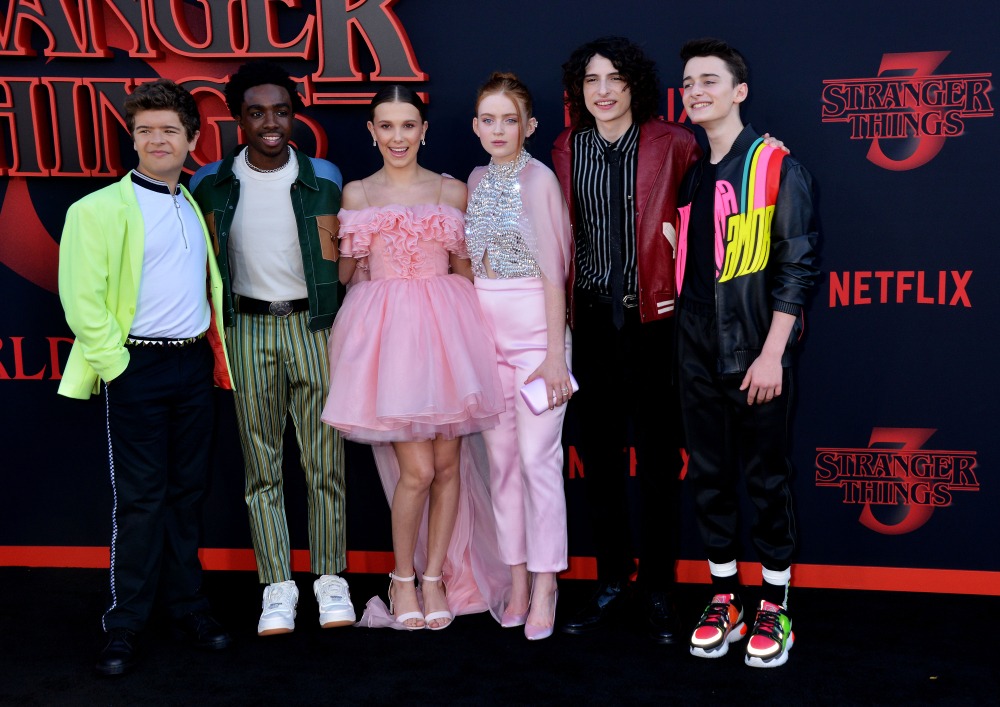
Film and television have often served as a powerful mirror to society, shaping perceptions and values, and often nudging us toward change. Besides its historical significance, understanding this powerful dynamic provides invaluable insight into your craft’s transformative potential. No matter what stage you are in the acting journey, you’re part of a powerful medium that has the potential to influence arenas far outside the stage and screen.
Let’s take a look at film and television’s impact through history and some innovative ways we, as actors, can uphold this rich tradition and responsibility.
A Rich History of Influence
In Ancient Greece, theatrics weren’t just for entertainment but were a magnifying glass of society’s quirks and quandaries. Zoom forward to the silent films—no words, but oh, the emotions they stirred! Then came films with dialogue, making our hearts race and thoughts whirl.
And hey, remember when TV was just about the wholesome family next door? Not anymore! Now, it’s a global stage, diving deep into every topic under the sun. From Greece to your streaming queue, storytelling has a powerful reach.
Amplification of Marginalized Voices
However, during Hollywood’s Golden Age, the glamour of the silver screen often concealed the sidelining of diverse voices. A prime example is the practice of “whitewashing,” where white actors were cast in roles meant for people of color.
Take the film The Good Earth (1937), where the lead Chinese characters were portrayed by white actors, effectively muting the authentic Asian narrative. As an Asian American in the film industry, history like this has been painful to witness.
However, as it often does, film quickly moves from being a mirror of deeper societal problems to becoming a catalyst for changing them.
Fast forward to recent years, and films like Moonlight and Parasite have been instrumental in redefining minorities in leading roles and addressing the hard topics. Moonlight shone a spotlight on the seldom-discussed intersectionality of Black and LGBTQ+ experiences, while Parasite offered a biting commentary on socio-economic disparities from a Korean perspective. Their critical acclaim underscores how deeply audiences truly crave diverse stories. The hope of all this is a shift toward inclusivity in cinema.
Influencing Public Perception and Driving Change
Cinema has been a powerful agent of social change outside of the arts as well. The classic film To Kill a Mockingbird, set against the backdrop of racial tensions, contributed to conversations around civil rights, shedding light on racial prejudices.
A more recent example, 12 Years a Slave, became an unflinching testament to America’s dark history, pushing viewers to confront the brutalities of slavery. On the small screen, All in the Family tackled societal taboos, breaking stereotypes around race, gender and sexuality.
One of my favorite shows of the moment, The Handmaid’s Tale, is rooted in dystopian fiction and eerily mirrors real-world issues surrounding reproductive rights, sparking real conversations about a woman’s autonomy.
Access and Outreach
Even local, small-scale stories carry universal truths, and modern media platforms have enabled these narratives to cross borders, neighborhoods and living rooms with explorations that affect us all.
Take 13 Reasons Why. At its core, it’s a poignant tale of teen despair. But set against the backdrop of the rising mental health crisis in the United States where teen suicide rates have surged, it became a loud call, driving home the massive need for improved mental health support for young people. Its global reach fostered international discussions about youth mental well-being that have even led to policy changes within some education systems in the United States.
Taking the Abstract and Making it Human
Sometimes societal issues are hard to pinpoint with a news article or essay. Just because they are abstract in nature doesn’t make them any less important to address. They need a face, and often it’s film and television that can do its job of telling that story.
Crash humanized racial tensions, while Ex Machina explored the blurry ethics of artificial intelligence. It’s here that an actor’s role becomes pivotal, translating abstract themes into tangible emotions that can take their audience on the journey with them.
Catalyst for Conversation
Certain films and TV shows become cultural touchstones, initiating conversations that extend beyond their time slot in the prime time lineup. The Social Dilemma, for instance, transformed the way many viewed their screen time, stoking debates around the ethical responsibilities of tech giants.
Shows like Breaking Bad not only entertained but also delved deep into the moral ambiguities of its characters, making audiences wonder about their own ethical stances and potential “dark side.” Stranger Things may have captured attention with its use of nostalgia and supernatural elements plot line, but it also resonated due to its authentic portrayal of friendship, trust and the struggles of growing up.
Emerging Voices Like Yours Are Important
Transformative narratives aren’t exclusive to A-listers or mega studios. Fresh faces and rising voices are at the forefront of societal change.
Independent films, often driven by newcomers, tackle poignant topics that even big studios may lack the ability to understand authentically. For instance, Fruitvale Station, helmed by the then-emerging director Ryan Coogler, highlighted police brutality as front and center of the American conversation.
Digital platforms like YouTube and TikTok have democratized content creation, allowing aspiring artists to address societal issues from fresh, personal perspectives. The message is clear: you don’t need to be established to drive change. Conviction and authenticity are what truly matter, and if you’re choosing to embark on this profession, you’ve likely got that in spades.
Final Thoughts
It’s important to know where we’ve come from as an industry to move into the future authentically. For every actor, understanding the profound influence of their medium on societal dynamics is crucial.
As you step into roles, you’re not just telling stories; you’re shaping perceptions, invoking introspection, and sometimes, driving change. It’s a responsibility that demands empathy, respect, and above all, awareness.
Want to be a part of impactful cinema? Register with Casting Frontier and shape narratives!
You may also like:
- The Actor’s Guide to Navigating and Championing Diversity
- The Practical Guide for Every Film Actor’s Journey
- Understanding and Mastering the Business Side of Acting
Written by David Fang




